
Alexandre Ganachaud is a physical oceanographer at IRD and has worked for 15 years on the Ocean Circulation in the Coral Sea and Solomon Sea, as well as on the vulnerability of Oceania’s fisheries to climate change, with the Pacific Community (SPC). He is now interested in transdisciplinary research to serve ocean sustainability and leads the PACPATH project.

Professor Holland works at the ocean climate nexus bridging science and policy. She is the Norway Pacific Chair in Ocean and Climate Change, a joint appointment of the University of the South Pacific and the University of Bergen. Professor Holland is AAAS fellow and the Director of the Pacific Center for Environment and Sustainable Development, and the Professor of Climate Change from 2012-2019. Professor Holland co-authored the IPCC Special Report on Ocean and the Cryosphere and has authored 5 of the 7 IPCC reports as US, German, Fiji and Solomon Islands representative. The IPCC received the 2008 Nobel Peace Prize.

Jerome Aucan is a physical oceanographer working in New Caledonia since 2012. He is presently the director of the Pacific Community Center for Ocean Science (PCCOS) at SPC. Before we worked on several research projects focusing on coastal vulnerability to sea-level variations, swell or wind waves, and tsunamis at IRD. He is the IOC/UNESCO Tsunami national contact for New Caledonia, and the chair of IOC/UNESCO Pacific tsunami warning system regional working group for PICTs. He is a the chair of the science committee of the Joint Task Force to investigate the use of submarine telecommunications cables for ocean and climate monitoring and disaster warning.
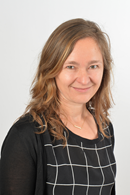
Karina von Schuckmann (Dr., HDR) is a physical oceanographer specialized in ocean climate monitoring working at Mercator Ocean, France. Her interest lies in understanding the role of the ocean – and its interaction within – in the Earth’s climate system, its changes and underlying processes involved, and how they can be best observed (in situ, remote sensing), monitored (reanalyses and operational systems) and estimated (analyses approaches, ocean indicator development) in support of a sustainable future development. She is also working on the Earth energy imbalance and the Earth heat inventory, particularly concerned on the role of ocean warming under climate change. She is – alongst others – the Lead of the Copernicus Marine Service ocean reporting framework, lead author of IPCC SROCC and AR6 (Working Group I), contributed to the recent IOC Global Ocean Science Report, member of the European Academy of Science, the GCOS/GOOS OOPC panel.
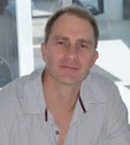
Louis Celliers is an expert on coastal and marine governance and institutions, and integrated coastal management in the context of climate change. Louis is interested in understanding what makes coastal and ocean government work, how do they interact, focusing on the customized design of climate information for specific sectors/users at specific scales. Louis’ professional interests include socio-ecology, trans-disciplinary research, science to policy processes; integrated coastal management, adaptive management, coastal and marine governance and institutions, climate change adaptation and knowledge negotiation. He currently serves on the Board of Trustees for the Western Indian Ocean Marine Science Association, and the German Future Earth Committee Working Group on Future Coasts.

Klaus Eisenack is professor for resource economics at Humboldt-Universität zu Berlin. His research focuses on adaptation to climate change, climate governance, and the energy transition. Klaus worked on the governance of path dependence and new archetypes of cooperation, with modeling of institutional arrangements and the analysis of natural resource games being further research interests. He consults organizations on the European level and in Germany, and is active in public understanding of science (in particular with the climate change game Keep Cool).
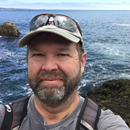
Heath directs the Integration and Application Network at the University of Maryland Center for Environmental Science. He is an environmental health scientist with 14 years of experience in ecosystem assessment and stakeholder engagement. He has developed more than 20 ecosystem health report cards and other assessments for coastal and riverine ecosystems worldwide. Heath uses an inclusive approach that engages communities with researchers and managers to help identify a shared vision for their ecosystem. His specialties include science communication, environmental and public health assessment, ecosystem health indicators, and stakeholder engagement.
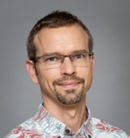
Sebastian has a PhD in coral reef ecology, did a post-doc in social-ecological systems analysis and more than 15 yrs of research in Southeast Asia and the South Pacific. He was interdisciplinary junior research group leader on resilience of coral reef social-ecological systems in the South Pacific (2013-2018), German partner in EU project Pacific-EU Network for Science, Technology and Innovation (PACE-Net+; 2013-2016), and executive director of Future Earth Coasts. For 10 yrs he co-lead DKN Future Earth Working Group « Anticipating and Transforming Coastal Future teaching participatory research and stakeholder analysis” at MSc level.
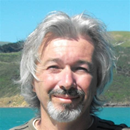
Pierre-Yves Le Meur holds a PhD in development studies and an accreditation to direct research (habilitation à diriger des recherches) in anthropology. He is a senior researcher at IRD, and has been working in the South Pacific for 15 years in the field of political anthropology and natural resource governance, both terrestrial and marine. He was the principal investigator of a panel expert group on Deep-sea mineral resources in French Polynesia and coordinates the international research network (GDRI-South) PACSEN (Pacific Center for Social Responsibility and Natural Resources), a knowledge hub aiming at bridging gaps between science, policy and society, and French/English speaking Pacific islands.
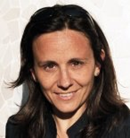
María Máñez Costa works at the Department of Climate Impact and Economics on system dynamics modelling. She is trained as a physical geographer with a PhD in agricultural economics. She applies system thinking and analysis to support climate services development. María is an expert in participatory modelling and has been working in the last 20 years on the development of participatory processes and models. Her research focuses on innovative transdisciplinary approaches to support the transitions to resilient societies. Her work repeatedly lies at the interface between science and society. Topic-wise, María works on adaptation themes as water management under drought conditions, urban resilience, agri-environmental services, or nature based solutions. María is a visiting professor at the Polytechnic University of Valencia and teaches Participatory Modelling and System Dynamics. María has a strong international network.

Maraja Riechers is a social scientist at the University Santiago de Compostela, Spain. Her research focuses on sustainability transformation, with special emphasis on the leverage points perspective, and on people’s values of nature (intrinsic, instrumental and relational values). Her professional interest include a social-ecological systems perspective on land-use and landscape change, human-nature disconnect, human-wildlife co-existence, transdisciplinary approaches, ocean equity, ecosystem services and novel way to foster radical system transformation. Maraja is a guest researcher at the social-ecological system institute (SESI) at Leuphana University, Lueneburg, Germany and involved in the IPBES transformation report.
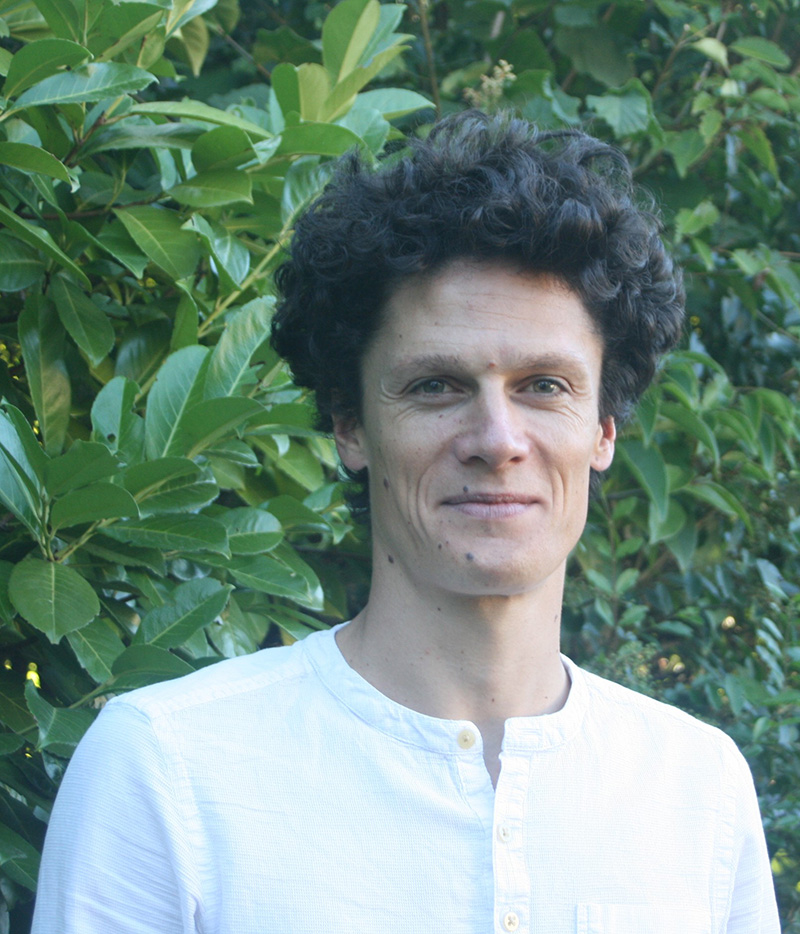
Nicolas Rocle is currently seconded by the French government as a Coastal and marine Specialist within the Island and Ocean Ecosystems Programme at the Secretariat of the Pacific Regional Environment Programme (SPREP). He provides technical advice and support to SPREP Members and partners in developing and implementing regional projects and capacity-building activities in different coastal and marine areas, and in promoting further cooperation between ACP Countries and French Territories in the Pacific. Holding a PhD in political sociology and specialized in integrated coastal management and climate change adaptation of coastal and insular systems, he has been working for 12 years as a researcher at the French National Research Institute for Agriculture and Environment (INRAE), leading multidisciplinary research teams and projects, especially on coastal adaptation policies and governance, boundary work between science and policy, and coastal managed retreat in the face of sea-level rise.
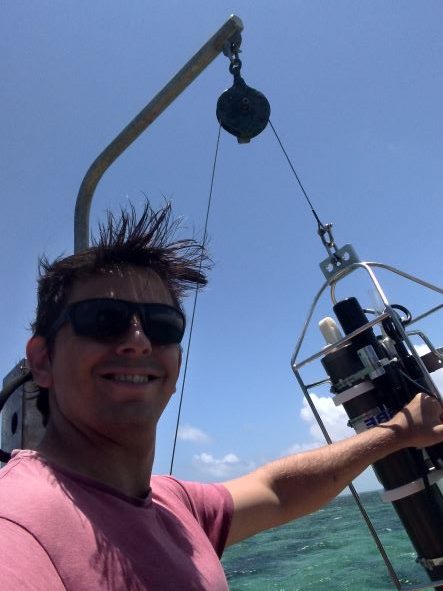
Jasha Dehm is a student at the Discipline of Marine Studies at University of the South Pacific in Suva, Fiji, where he is a PhD student working to assess distribution patterns of coral assemblages within the Suva Urban Marine Environment in relation to drivers for change. Jasha is attached to IRD in Noumea via an ARTs fellowship. With the IRD he is setting up a coastal hydrodynamic configuration specific to the Suva Urban Marine Environment using the CROCO model. Jasha joins the PACPATH project as a student ambassador where he will contribute with his understanding of the coastal dynamics in Fiji and will facilitate where possible the involvement of student research into PACPATH.

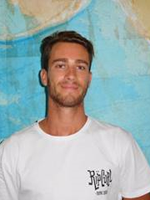
Maxime is ambassador student within the PACPATH project and PhD student at IRD in Noumea within the ENTROPIE laboratory on evaluation of the protective role of coastal ecosystems (reefs, seagrass beds and mangroves) in the reduction of the marine submersion hazard in New Caledonia. The focus is on both seasonal phenomena (e.g. swell) and extreme events (e.g. cyclones and tsunamis). This ecosystem service of protection will be approached according to an interdisciplinary approach between Human and Social Sciences (e.g. field surveys) and Earth Sciences (e.g. hydrodynamic modeling). The goal is to quantify and qualify the filtering effect of ecosystems on several sites in New Caledonia by looking at different hydrodynamic variables: water levels, waves and currents.
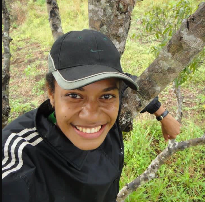
Salanieta is PhD student at the University of the South Pacific in Fiji (final year) on the traditional knowledge of fishers in Fiji and how it can be used to inform the local management and conservation efforts in Fiji. She joins the PACPATH Project as a USP student ambassador and will contribute in discussions on fisheries resources, small scale fisheries and how to properly engage Indigenous people and their knowledges in Ocean stewardship, governance and sustainable resource use. She is committed on sharing her views on the value of ethno-science for science.
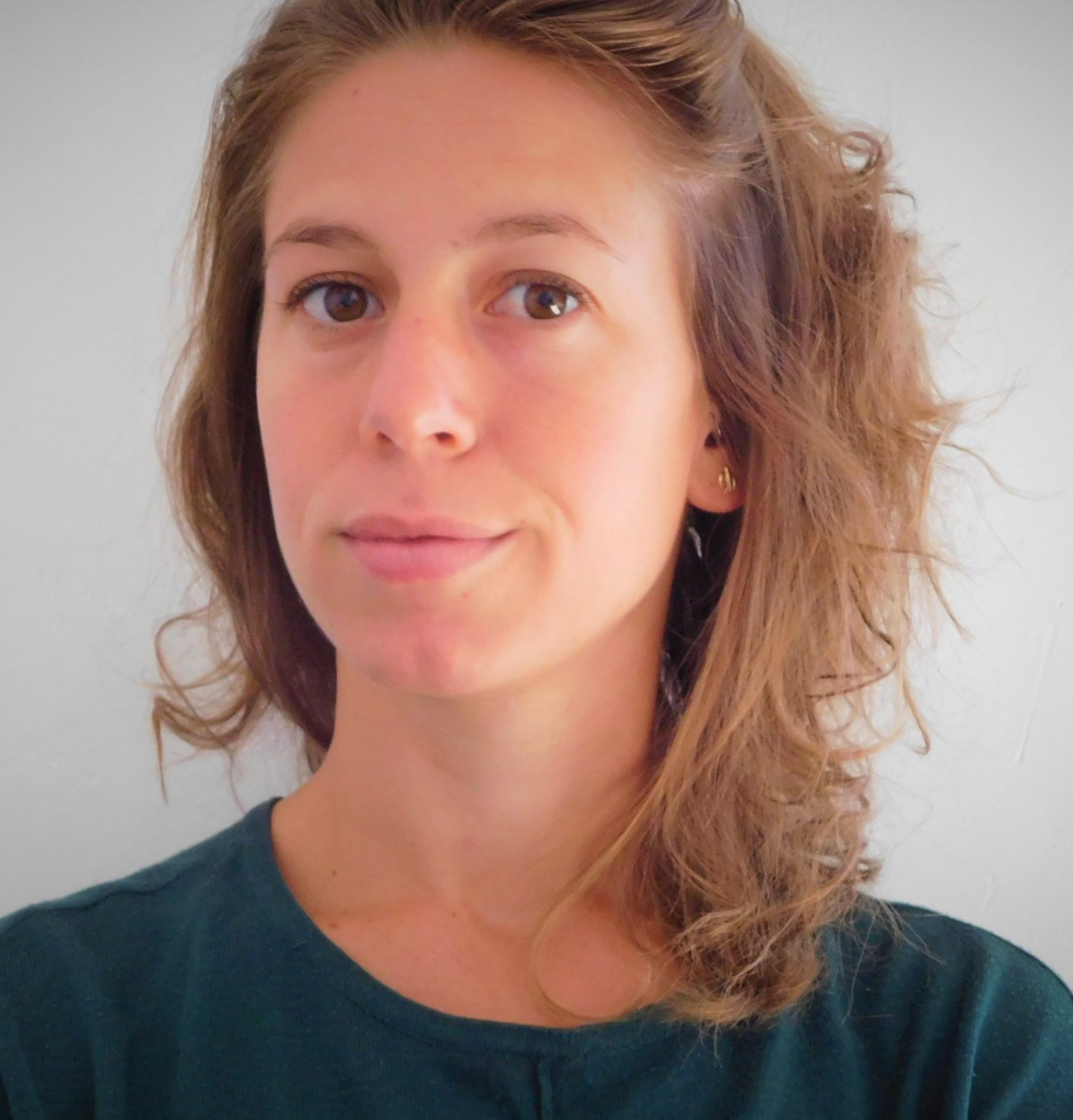
Lucie Gosset is a student ambassador within the PACPATH project and PHD at IRD. Her research is part of the CLIPSSA program (Pacific Climate, Local Knowledge and Adaptation Strategies) which is a regional interdisciplinary program in the Pacific covering Wallis and Futuna, French Polynesia, New Caledonia and Vanuatu. In this program, atmospheric dynamics is at the center of the study of climate change. In articulation with the work of climatologists, Lucie’s research in anthropology will focus on New Caledonia and Vanuatu. The aim of her research is to understand to what extent local ecological knowledge produced to cope with environmental variability can be a resource on which public policies can rely to reduce the vulnerability of populations to climate change. To achieve her work, Lucie focuses on describing how people understand, live and cope with changes in climate conditions. She also analyzes the interactions between various types of knowledge (scientific, NGO, academic, etc.) concerning the characterization or management of environmental conditions and their effects on local ecological knowledge and the way they are transmitted.

Annie Carew is a science communicator at the Integration and Application Network of the University of Maryland Center for Environmental Science. Her experience in stakeholder engagement and environmental indicator development have contributed to ecosystem health assessments around the world. On the PACPATH team, Annie works with Heath Kelsey to facilitate the various workshops and develop communication tools to identify a shared vision of a sustainable future for the South Pacific. Annie’s other research experiences include natural resource management, coastal climate adaptation, and seagrass restoration.
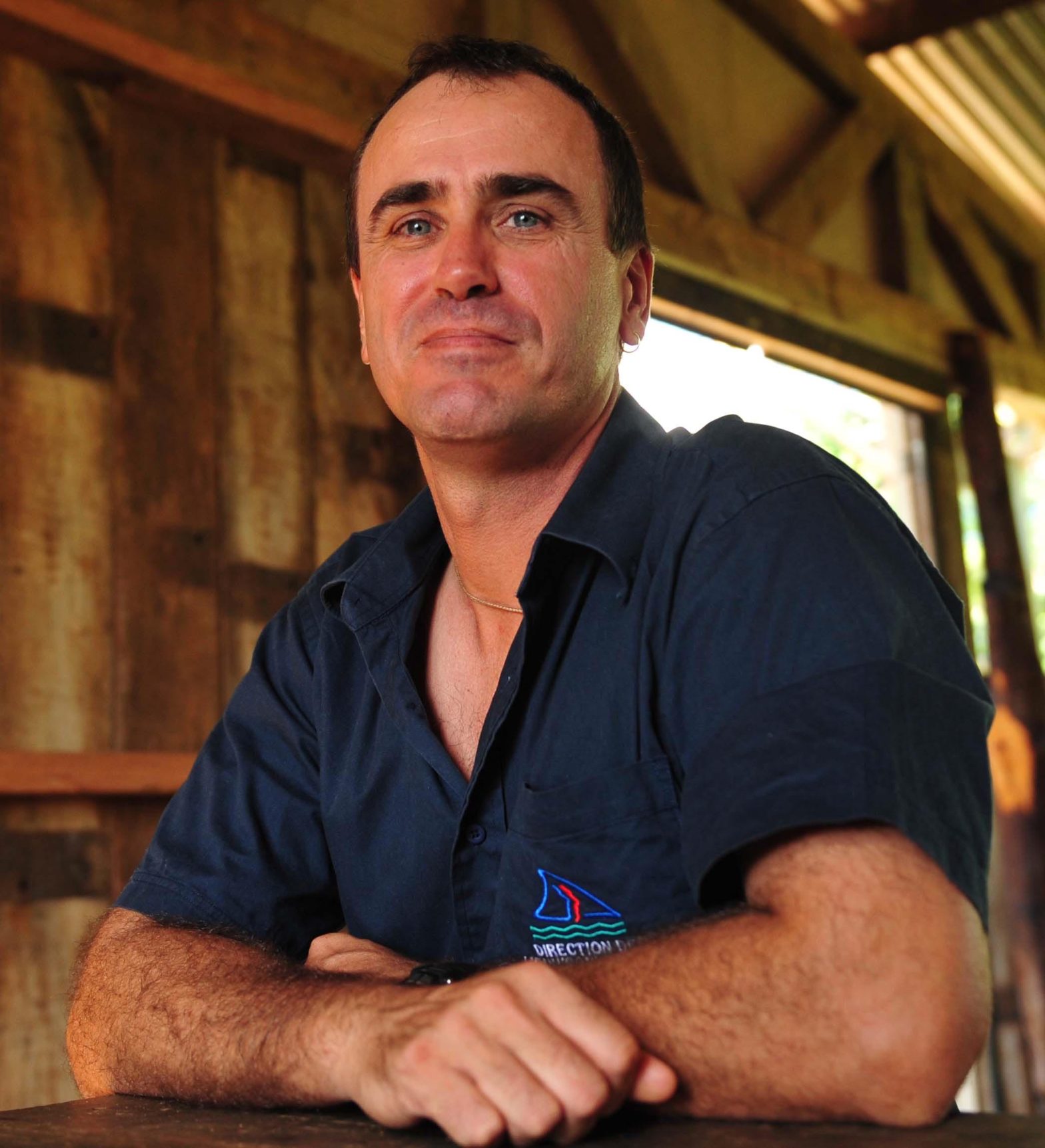
Dr. Emmanuel COUTURES is a reef and fisheries biologist involved for more than 30 years in the management of marine environments and resources on several Pacific islands. He is currently a project manager in the sustainable development department of the territories of the Southern Province of New Caledonia. After having managed fisheries resources, piloted the creation and management of MPAs and World Heritage areas, he is now involved in the management of shark issues, the preservation of mangroves and in support of subjects related to the marine environment and research.
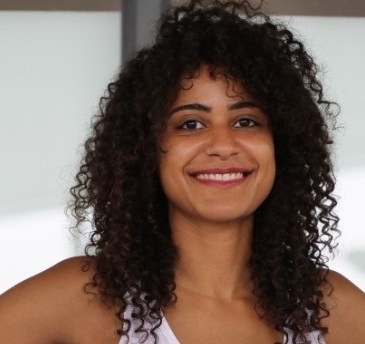
Ambre Diazabakana coordinates the Department of Aquatic Environments and Resources in the North Province of New Caledonia. The department’s mission is to define and implement strategic orientations in the fisheries and aquaculture sectors and guarantee the sustainable management of the lagoon resources and heritage in the North Province.
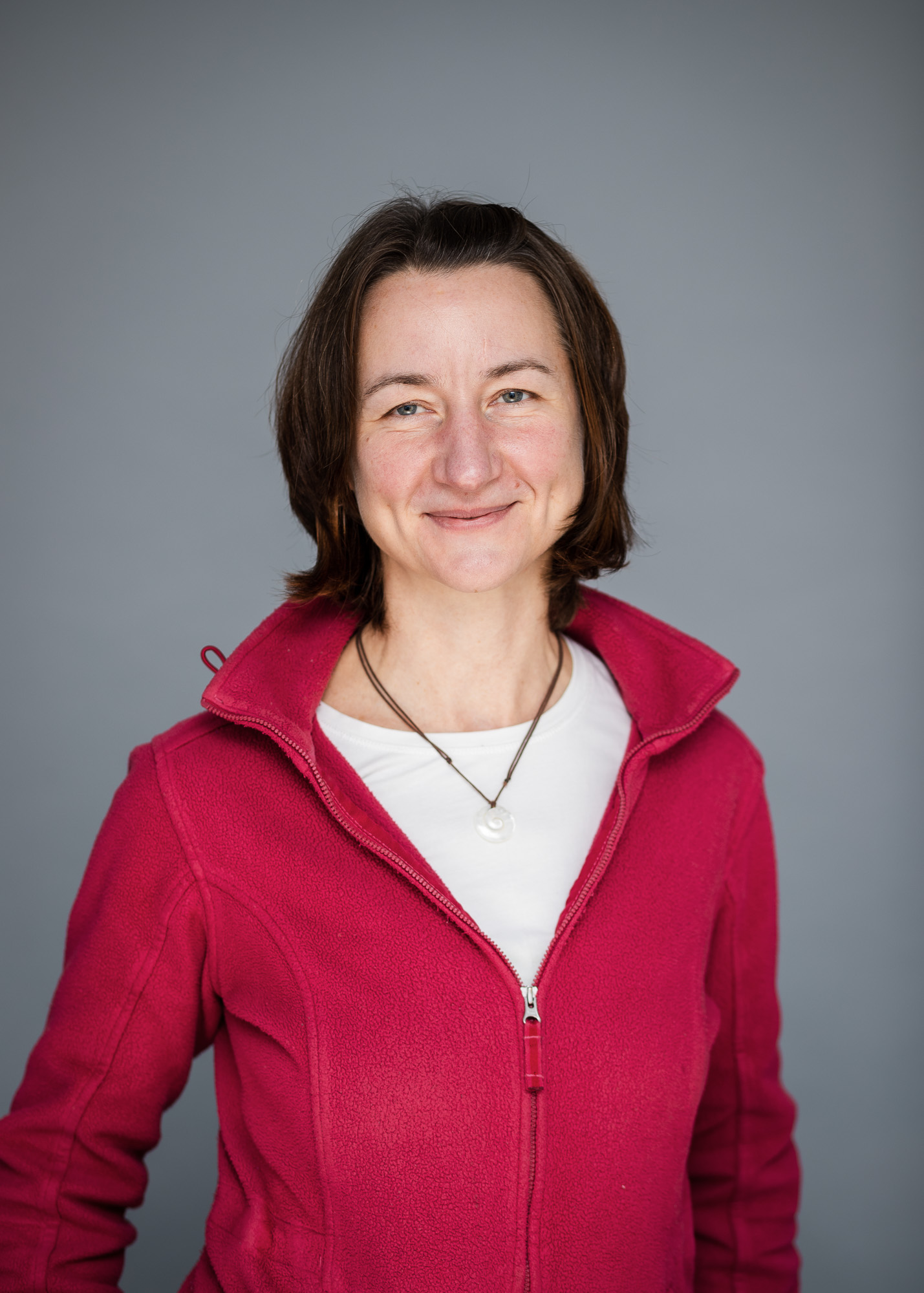
Annette Breckwoldt is an interdisciplinary marine scientist at the Leibniz Centre for Tropical Marine Research (ZMT) in Bremen (Germany), where she was (until end of 2022) co-PI of the binational project SOCPacific (socpacific.net) – A Sea of Connections: contextualizing fisheries in the South Pacific region. Her social-ecological research interests revolve around the marine social sciences, science-stakeholder interactions, participatory research methods, inter- and transdisciplinary approaches to sustainable and integrated coastal management transformations (hence incl. local and Indigenous protection measures), small-scale and subsistence fisheries, local knowledge and realities of resource use, environment and development of ‘Large Ocean Island States’. At present, Annette is the interim Head of ZMT’s Office for Knowledge Exchange. She is also part-time lecturer at the University of Bremen and guest scientist for science-stakeholder interaction processes at the Alfred-Wegener Institute Helmholtz Center for Polar and Marine Research (www.awi.de) in Bremerhaven, Germany.